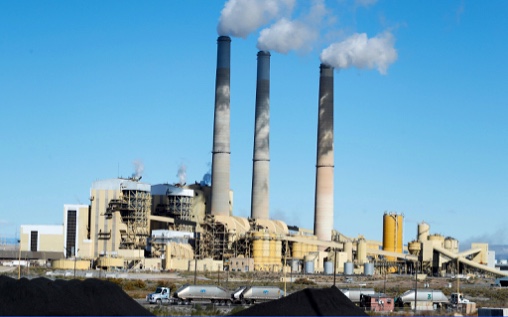
Samoan Prime Minister Tuilaepa Sailele has lashed out at climate sceptics and urged Australia to make deeper cuts to carbon emissions to help save Pacific Island nations from the "disaster" of climate change.
Mr Sailele told the Lowy Institute in Sydney that climate change posed an "existential challenge" to low lying islands in the Pacific, and developed countries needed to reduce pollution in order to curb rising temperatures and sea levels.
"We all know the problem, we all know the solutions, and all that is left would be some political courage, some political guts, to tell people of your country there is a certainty of disaster," Mr Sailele said.
"So any leader of any country who believes that there is no climate change, I think he ought to be taken to mental confinement. He is utterly stupid. And I say the same thing to any leader here."
The Prime Minister's intervention came as some Coalition MPs press the new Prime Minister Scott Morrison to abandon Australia's promise to cut carbon emissions under the Paris agreement.
New Foreign Minister Marise Payne is also expected to face questions about Australia's climate change policies at the Pacific Islands Forum leader's meeting in Nauru next week.
Senator Payne and Pacific leaders are set to sign the "Biketawa Plus" security agreement, which declares that climate change remains the "single greatest threat to the livelihoods, security and wellbeing of the peoples of the Pacific".
Several other leaders — including Fiji's President Frank Bainimarama and the Marshall Island's President Hilda Heine — have also called on Australia to do more to cut emissions.
Mr Sailele told the audience that "greater ambition" was needed to stop the destructive impact of climate change. Read More







